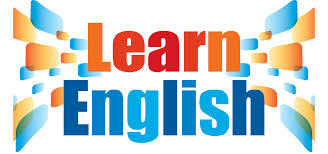Like and Dislikes
use to talk about how much you like or dislike something.
Like
a) To be keen on + ing
1) I am keen on skiing.
Keen on means like it or enthusiastic about it
b) to be fond of + ing
1) I am fond of learning English.
Found of means like it or enthusiastic about it
c) to really love + ing
1) I really love doing something.
Dislike
a) not to be so fond of + ing
1) I am not so fond of going to the cinema alone.
b) can not stand +ing
1) I can not stand getting up early in the morning.
c) can not bear + ing
1) I can not bear driving every day.
d) To dislike + ing
e) No to go in for + ing
1) I do not go in for watching cinema.
Nothing special
a) not to mind + ing
1) I do not mind doing something.
b) It is all right
c) It is ok
Regret
When you do something and you wish you had not done.
situation 1: it is raining hard
a) should have + past participle
1) I should have brought my umbrella with me.
b) wish + past perfect
1) I wish I had brought my umbrella with me.
c) If only + past perfect
1) If only I had brought my umbrella with me.
situation 2: my car broke down again
a) should have + past participle
1) I should have taken it to the mechanic earlier for the check up.
b) wish + past perfect
1) I wish I had taken it to the mechanic earlier for the check up.
c) If only + past perfect
1) If only I had taken it to the mechanic earlier for the check up.
situation 3: I have got a treble headache
a) should have + past participle
1) I should have not drunk so much red wine last night.
b) wish + past perfect
1) I wish I had not drunk so much red wine last night.
c) If only + past perfect
1) If only I had not drunk so much red wine last night.
situation 4: I miss the plain
a) should have + past participle
1) I should have put the alarm clock on.
b) wish + past perfect
1) I wish I had put the alarm clock on.
c) If only + past perfect
1) If only I had put the alarm clock on.
situation 5: I forget my Pin no
a) should have + past participle
1) I should have memorized it.
b) wish + past perfect
1) I wish I had memorized it.
c) If only + past perfect
1) If only I had memorized it.






